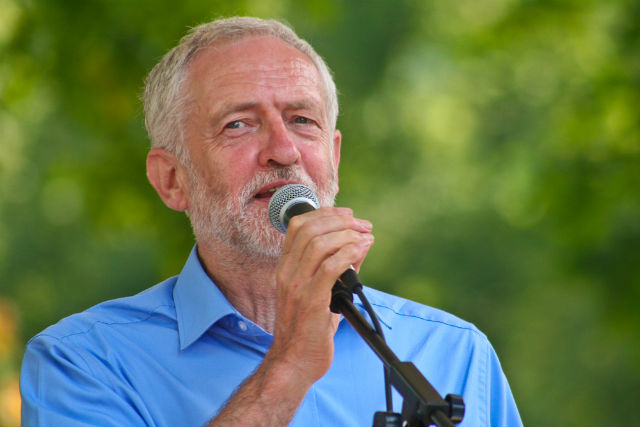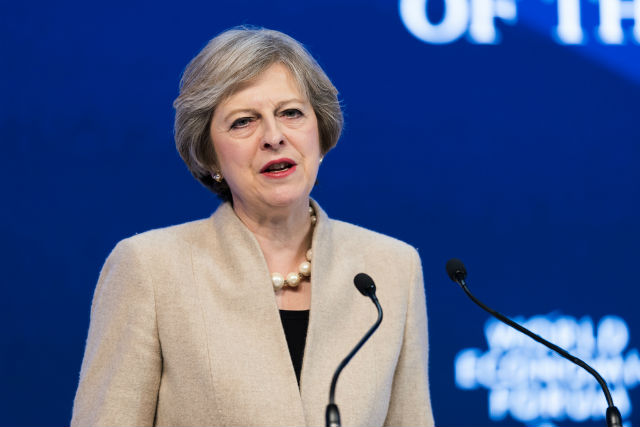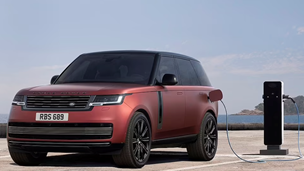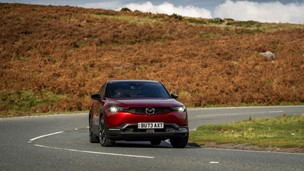On Thursday 8th June voters will head to the polling stations to cast their vote for which party should lead the UK’s government after Prime Minister Theresa May called a snap general election three years ahead of its scheduled date.
Officially, the Conservative Party’s reason for holding the election was to strengthen its hand in the upcoming Brexit negotiations. Although Brexit and other major issues like social care will largely dominate the election, it’s also an opportunity to vote for a wide range of other important issues, including those that affect the UK’s estimated 45.5 million motorists.
Below we lay out the three major parties’ stances on motoring issues, what they have planned and what it could mean for you as a motorist.
Labour

Policies at a glance:
-
Scrap the Severn Bridge toll
-
Reintroduce road safety targets
-
Upgrade the number of cycle roads
-
Improve infrastructure and reduce roadworks
Labour’s manifesto includes plans to upgrade the UK’s road networks and to reduce roadworks, along with pledges to reduce the number of road deaths to zero and axe the Severn Bridge toll.
The A1 North, A30 and Severn Bridge routes have all been earmarked as important routes to the country’s infrastructure and require “urgent consideration” the manifesto states, while it added that the party would work to reduce congestion at known bottleneck areas.
According to the manifesto, Labour will scrap the Severn toll, which currently charges cars a fee of £6.70 to cross the bridge from England into Wales, while HGV drivers must pay £20 in order to cross.
As well as that, Labour have pledged to “reset” the UK’s road safety vision by reintroducing road safety targets, enacting “bold measures” to improve safety standards and strive for a zero death transport network.
Finally, the manifesto includes plans to upgrade the country’s national cycle network and to require all aging buses to be upgraded to meet new Euro 6 emissions standards.
Conservatives

Policies at a glance:
-
Make all vehicles electric by 2025
-
£40bn investment to improve infrastructure
-
£600m investment in low-emissions vehicles
-
Boost number of cycle networks and cycle facilities
-
Change MOT test to require cars to be zero emissions
The Conservatives’ manifesto included some fairly radical pledges, most notably the promise that all cars and vans will have to be electric by 2050 and that the MOT test will be changed to require all new cars to have zero emissions in order to pass.
Under the plans, the manifesto says that classic cars would be exempt. Although it’s unclear what the cut-off date will be, it’s expected that cars registered in 2036 would be the first to be affected.
Theresa May’s party also promised to invest £600 million into increasing the uptake of hybrid and electric vehicles by 2020, while investing as much as £40 billion into improving the UK’s road and infrastructure networks.
As well as that, the Tory manifesto said that it would scrap the Severn Bridge toll, work to improve the country’s public transport networks to improve conditions for commuters and to also increase cycle networks and cycle facilities at railway stations.
There is also a section in the manifesto which appears to confirm that the party is planning to create a new specialist armed police unit to protect critical infrastructure. Referred to as the national in structure police force, it’s believed to comprise a 4,000-strong unit of armed police tasked with protecting vital roads, ports, airports and nuclear power stations.
Liberal Democrats

Policies at a glance:
-
Introduce diesel scrappage scheme
-
Ban the sale of new diesel cars by 2025
-
Reduce the number of lorries on the roads
-
Increase the number of electric car charging points
The main points for motorists to take away from the Lib Dems’ manifesto is the party’s commitment to banning the sale of diesel vehicles and further developing the UK’s electric car charging infrastructure.
Published earlier this week, the manifesto states that air pollution contributes to up to 40,000 premature deaths and costs the NHS £15 billion each year, and says that the party is committed to tackling these issues.
The manifesto includes plans for a Green Transport Act and an Air Quality Plan, which will include a diesel scrappage scheme to encourage the owners of older, more polluting diesel vehicles to trade their cars in for a cash incentive.
As well as that, the party has claimed that it will ban the sale of all diesel cars in the UK by 2025, attempt to encourage commuters to use public transport and shift freight transport from the roads to the rail network in order to reduce air pollution.



